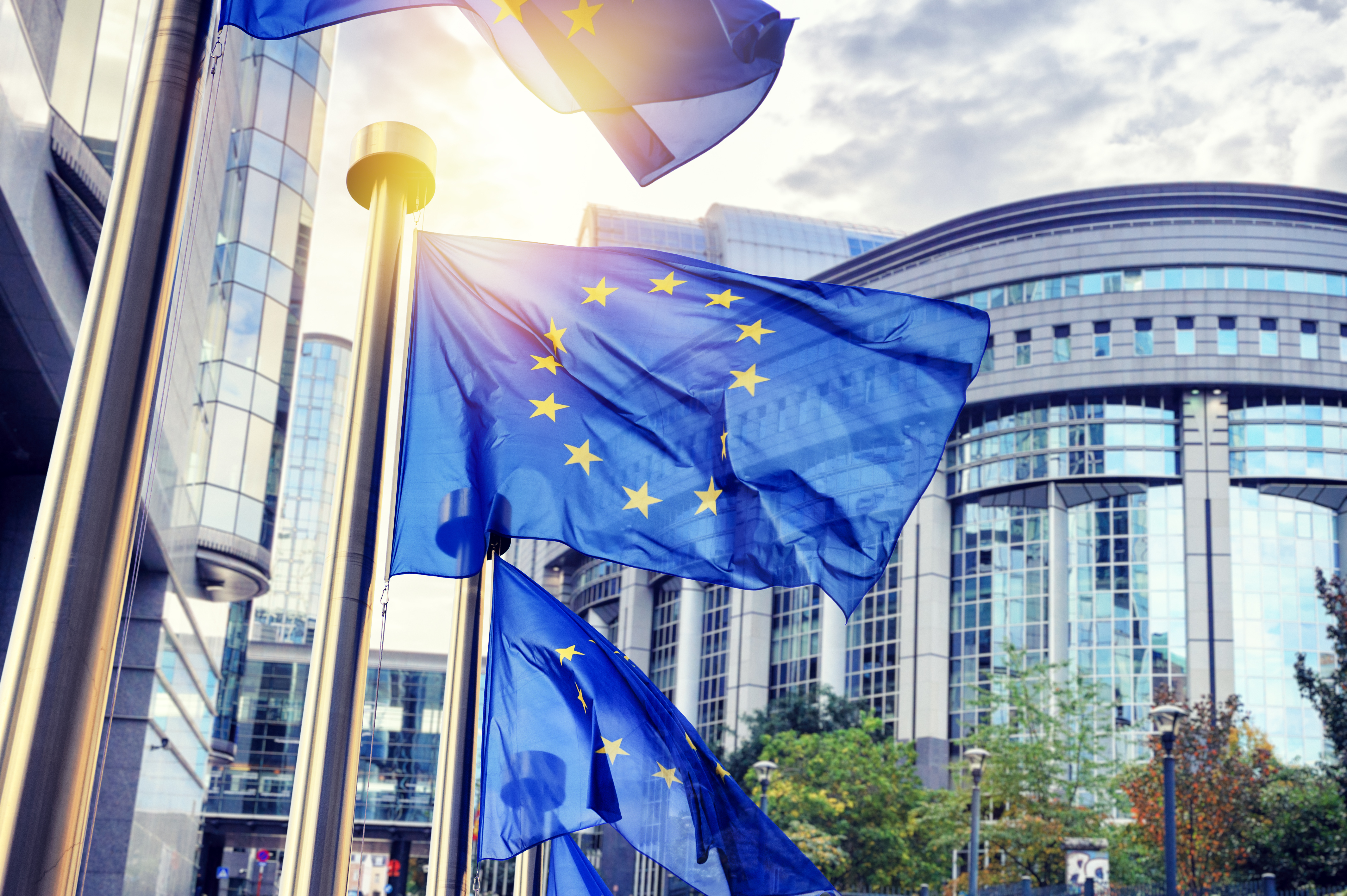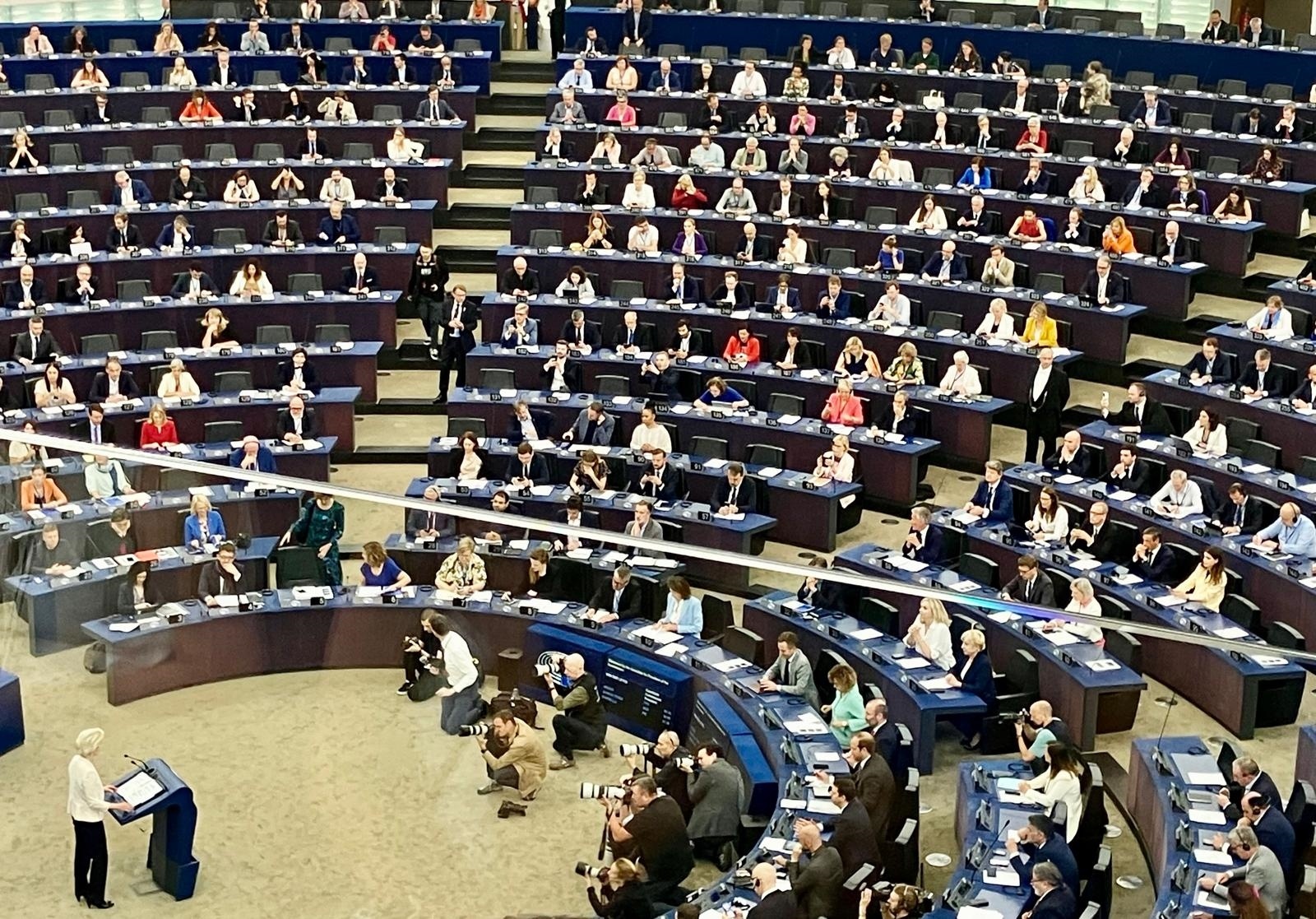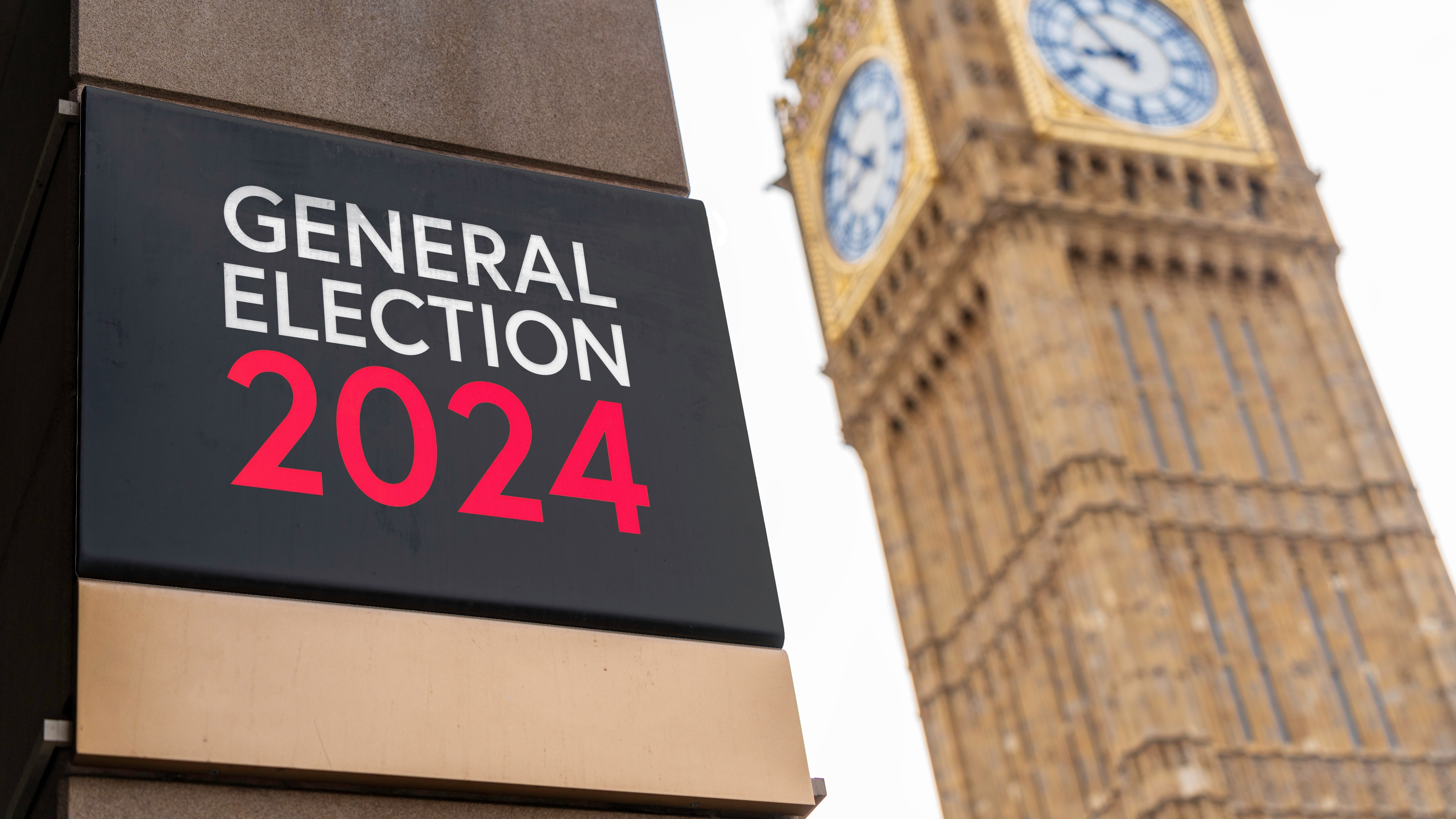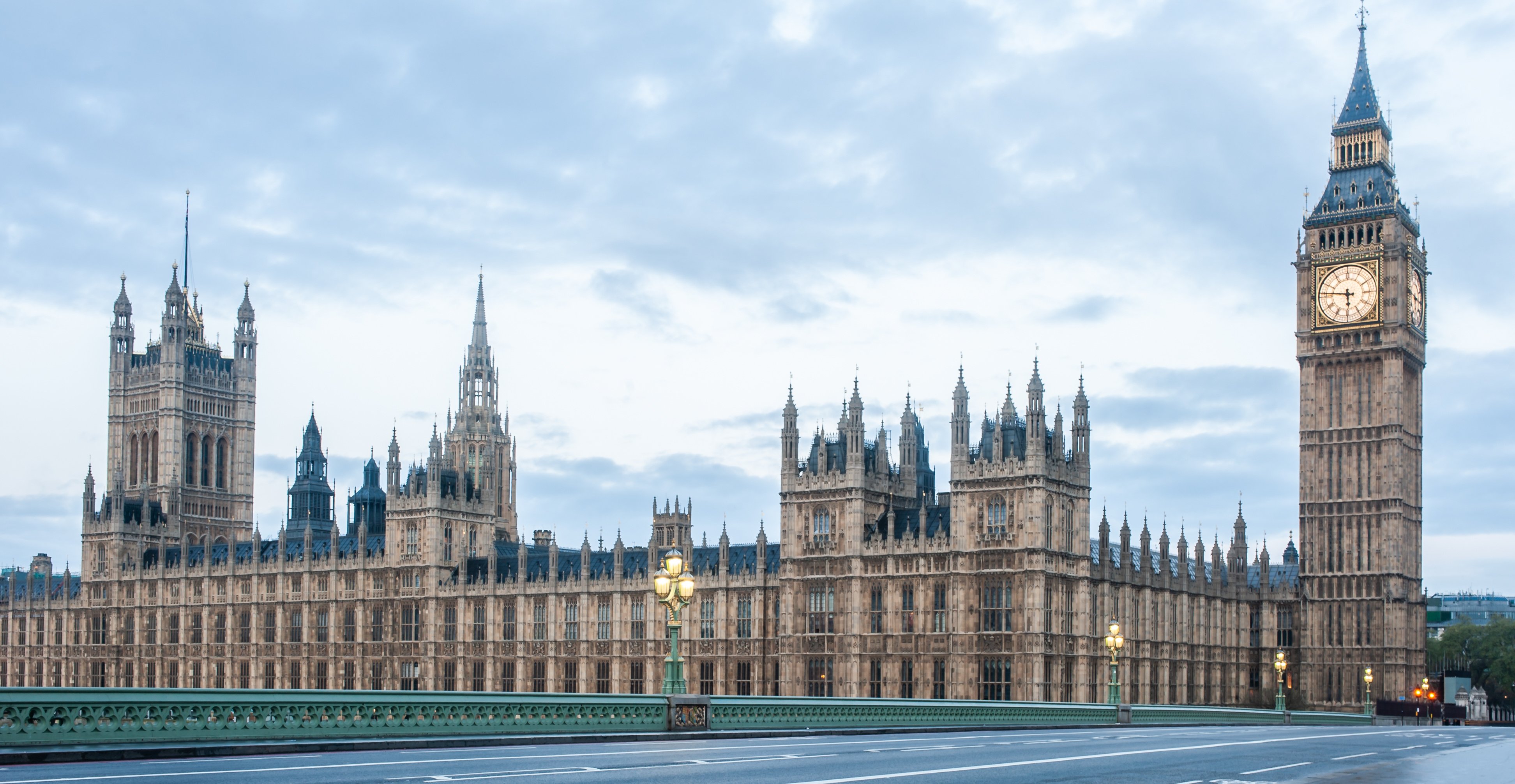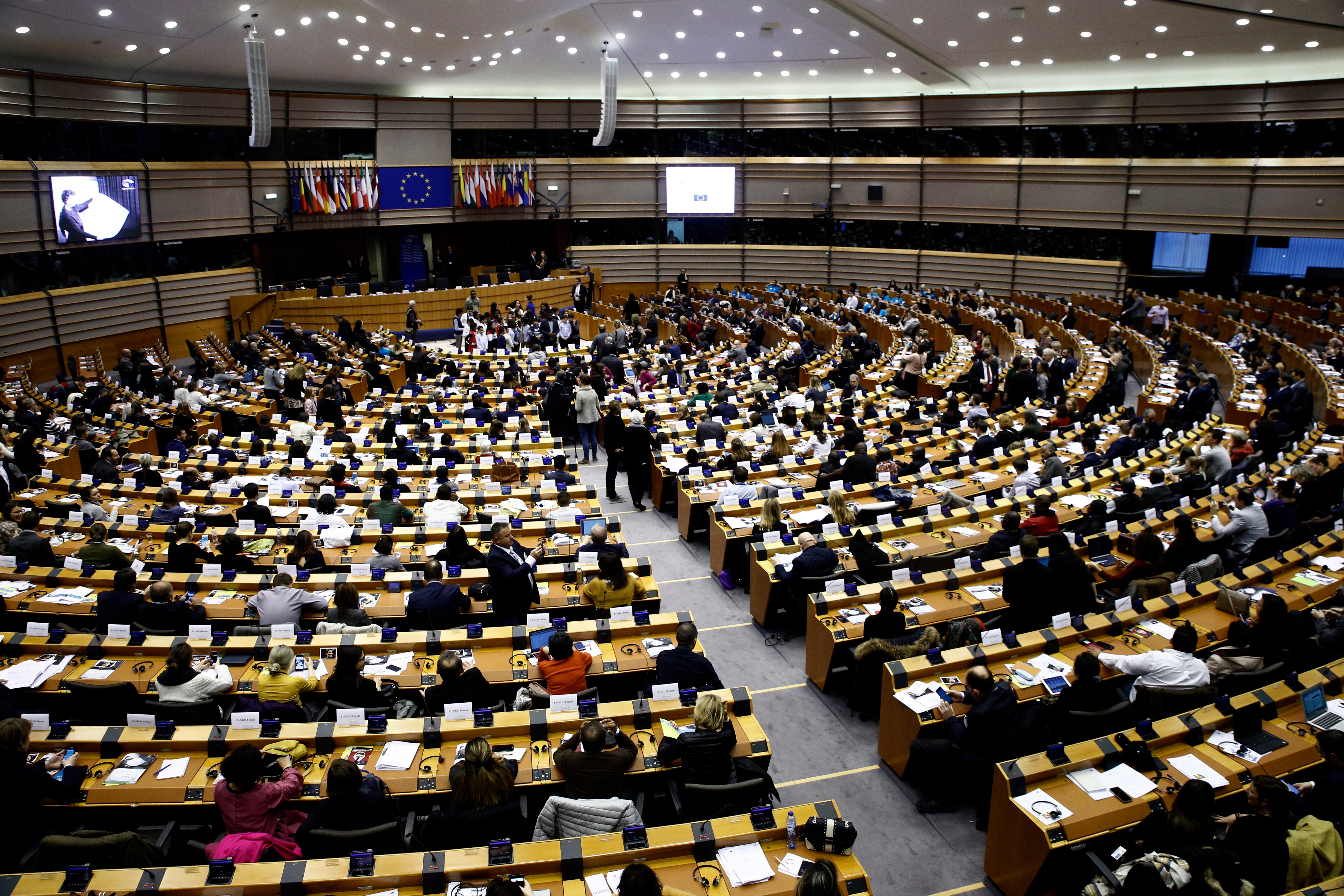The Labour Party's annual conference took place in Liverpool from Sunday 22 September to Wednesday 25 September. While the conference did not provide much detailed policy discussion, it was a chance for the new government to communicate its agenda and the role it foresees for tech. In this blog, we outline the key takeaways and policy announcements from tech discussions at the Labour conference.
A conversation with Kai Zenner
Written by Nathan Shepura on 04 Sep 2024
I sat down for an hour-and-a-half in early August with Kai Zenner, longtime policy advisor to MEP Axel Voss. Brussels had emptied for the summer, and we sported shorts and t-shirts at an outdoor café in a quiet Place du Luxembourg. We talked about his background in EU digital policy, and in particular about the future of AI, in Europe and beyond. A recurring theme was the EU’s need to think globally and strategically — rather than along nationalistic or ideological lines — in order to compete and stay relevant. Here’s a summary of our conversation.
Mastering Europe's digital infrastructure needs: the future of European telecoms legislation
Written by Shane Cumberton on 28 Aug 2024
In this blog, we look at the future of European telecoms legislation, including the possibilities for a Digital Networks Act during the 2024-2029 mandate.
What next for cyber security and data protection regulation in the UK?
Written by Matthew Niblett on 16 Aug 2024
In this blog, we analyse the Labour government's planned reforms to the UK's data protection and cyber security frameworks.
Will Breton be back?
Written by Igor Ramage on 26 Jul 2024
In this blog, we investigate what role current French Commissioner for Internal Market Thierry Breton might play in the upcoming European Commission.
Supreme Court decision to overturn Chevron Deference signals shift in regulatory abilities
Written by Sameer Surti on 25 Jul 2024
On 28 June, the US Supreme Court overturned the ‘Chevron deference’, an administrative law principle allowing federal agencies to interpret and implement statutes with the understanding that federal courts would ultimately defer to those agencies’ interpretation of ambiguous laws. In this blog, we will go over the Supreme Court’s ruling and the implications it could have on the technology sector, with a particular focus on AI.
European Parliament gets to work
Written by Nathan Shepura on 23 Jul 2024
European Commission President Ursula von der Leyen has won a second five-year term. Her focus will be competitiveness, security and sustainability — defined less by green ideology than a push for clean industrialisation. With the European Parliament’s committees now formed, work will start in the autumn: to vet commissioners-designate, and vie for political control of the new programme. In this blog, we explore the key committees and committee members for the tech sector.
King’s Speech – the UK’s legislative programme for the tech, climate, and energy sectors
Written by Mitali Sud on 18 Jul 2024
On 17 July, King Charles III delivered the King's Speech, outlining the government's legislative programme for the new parliamentary session. The government has announced 40 bills which aim to unlock growth and ‘take the brakes off Britain’. This blog examines the proposals affecting the tech, climate, and energy sectors, and what business should expect as the government introduces legislation.
What does Labour’s election win mean for the tech, climate and clean energy sectors?
Written by Pia Doering on 05 Jul 2024
The electorate has given Labour the second-largest majority (after Tony Blair in 1997) in British parliamentary history since Clement Atlee led a Labour Government in 1945. While the result needs to be qualified by the low voter turnout (at an estimated 60%, it was the second-lowest in post-war history) and the low share of the vote that Labour obtained (at only approximately 34%), the size of its majority means the party will have a largely free hand in pushing its agenda through parliament. Now that the UK has a new Prime Minister, a new parliament, and, shortly, a new cabinet, we look at what Labour’s victory could mean for the tech as well as the climate and energy sectors.
What did the 2019-24 Parliament do for the tech sector?
Written by Matthew Niblett on 30 May 2024
In advance of the General Election on 4 July, Parliament has been formally dissolved. This Parliament, constituted following Boris Johnson’s landslide election victory in December 2019, has passed several pieces of important tech legislation, though some others have fallen by the wayside in the rush to finish business before dissolution. In this blog, we examine what the 2019-24 Parliament, and the government which commanded a majority within it, did for the tech sector.
Commission President candidates clash in "Spitzenkandidaten" debate
Written by Emma Vivian on 28 May 2024
In advance of the European Parliament elections between 6 and 9 June, the candidates from five of Europe's major political groupings debated one another across a wide range of issues, including the economy, the climate and the environment, and technology policy on 23 May 2024. This briefing provides a summary of the key points each candidate made during the debate.
New digital competition reforms receive royal assent
Written by Mitali Sud on 24 May 2024
The Digital Markets, Competition and Consumers (DMCC) Act establishes a new regime for digital competition in the UK. The Act also updates the Competition and Markets Authority’s (CMA) powers to enforce existing competition law and resolve consumer disputes, and protects consumers from unfair commercial, subscription, prepayment and saving schemes. The Act received royal assent on 24 May. In this blog, we discuss the new ex-ante competition regime established by the Act and what companies should expect as the CMA begins to enforce the legislation. The blog examines how the UK general election might influence the enforcement timeline.
UK General Election - What happens now?
Written by Matthew Niblett on 22 May 2024
The prime minister has announced that he is calling a general election on 4 July. Here is what happens next.
TikTok Lite sparks EU concerns: A deep dive into digital addiction
Written by Emma Vivian on 20 May 2024
In the fast-paced world of social media, concerns about digital addiction are taking centre stage once again, with TikTok and Meta at the forefront of scrutiny.
Trilogue negotiations in the EU
Written by Emma Vivian on 18 Mar 2024
Three key EU institutions - the European Commission, the European Parliament, and the Council of the European Union - walk into a room. It sounds like the start of a bad joke, but trust us, it's anything but! They're there to work through laws, policies, and regulations that impact the lives of over 500 million Europeans. In this blog, we're going to lift the curtain on trilogue negotiations and shed light on why this resolution is useful for the swift functioning of EU policy making.
 Insights from Inline Policy listing page
Insights from Inline Policy listing page
